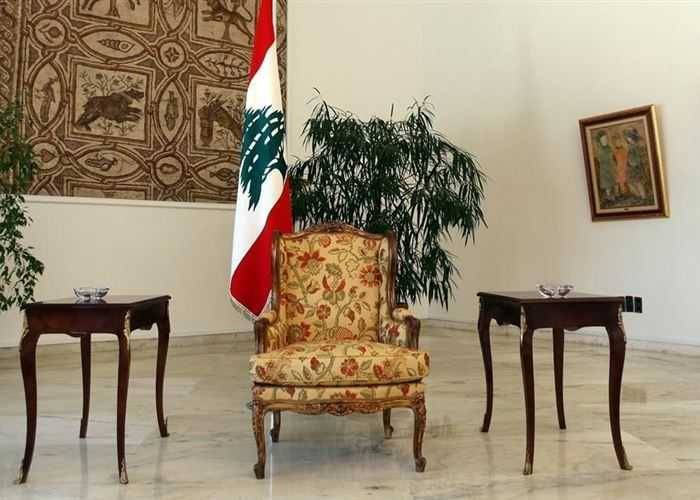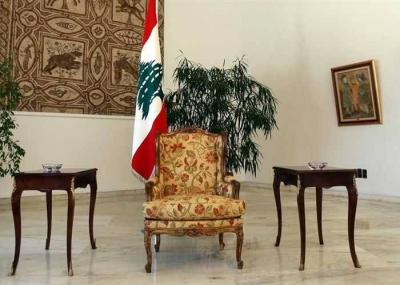After Parliament Speaker Nabih Berri postponed the session scheduled for tomorrow, Thursday, to elect a President, the presidential obligation is drifting further away, despite the increasing hardships burdening citizens, starting from living concerns, through education and healthcare, and extending to the rising taxes and fees. So, where do communications stand among the parties to bridge distances and elect a President who can rescue the nation and its people from their crises?
Member of the "Democratic Gathering," MP Bilal Abdullah, confirms to "Al-Markaziya" that "the presidential file has not moved yet, and remains stagnant, with no serious dialogue heading towards a Lebanese solution to this entitlement among the relevant parties. It is evident that there is a political group that, so far, is voting with a blank ballot and has not retracted its decision to elect a president from its team, which was expressed by the statement: 'We do not want a president who stabs the resistance in the back.' Therefore, the other team, of which we are a part, is committed to nominating MP Michel Moawad, awaiting the possibility of finding a settlement."
Abdullah points out that "we are still in a political impasse due to the ongoing division in the Parliament, especially since there are blocs and independent MPs who have not yet clarified their stance regarding the entitlement, and the number is not small, perhaps awaiting a settlement." This settlement has a title: a president who does not belong to either camp, if you will, a president who reassures all sections of society and does not provoke any political forces, at least the majority. A president capable of carrying a rescue-based economic reform vision and of opening Lebanon and leading it out of its isolation both Arabically and internationally. With these specifications, is it necessary for such a president to be affiliated with one of the two groups? Are there not experienced and competent Maronites available for this mission? Certainly there are.
Thus, the issue awaits a decision; all parties are required to rise above personal interests for the sake of the national interest unless they do not feel the pain and struggles of the citizens, the emigration of youth, the lack of job opportunities, and the food, healthcare, and educational crises. If they do not recognize all of this, and continue to engage within the realm of political squabbling, then solutions will indeed be difficult and prolonged." He adds: "We hope that the presidential vacancy does not last long, as the situation can no longer bear this prolongation, which means suicide. The dialogue among the political parties, called for by President Berri, represented one of the solutions. We are not exclusively talking about this dialogue, but any open internal dialogue without gloves, clear and explicit among politicians, could serve as an outlet to bridge viewpoints. Otherwise, if each party remains entrenched in its position, the suffering of the people will increase."
He concludes: "The actual and serious initiative is to open a channel between the parties, between the camp that votes with a blank ballot, the one that votes for Moawad, and the camp that has not yet voted or votes with scattered different names. There is a need to break the intensity of polarization and initiate direct dialogue."




